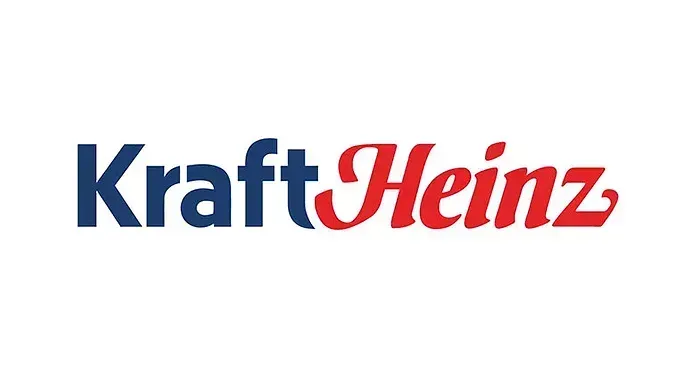WASHINGTON — U.S. retailers and industry groups representing them are lauding the latest bipartisan effort to diminish the power of credit card giants Visa and Mastercard.
The move comes as lawmakers in the Senate and House reintroduced The Credit Card Competition Act, which allows merchants to get a choice of at least two routing networks when consumers pay by credit card. One of those would have to be outside the top two networks.
The act failed to gain transaction in the last Congress, but advocates are welcoming another opportunity to address credit card “swipe” fees. The National Retail Federation (NRF) said these fees are most merchants’ highest costs after labor and drive up prices paid by consumers by more than $1,000 a year for the average family.
NRF pointed out that retailers’ two-decades-long fight for fair swipe fees produced a victory via a court settlement that gave merchants the right to accept either credit card or debit cards without having to take both. Credit card swipe fees are now in the industry’s sights.
“It’s time for big banks and global card networks to compete the same as small businesses do every day,” according to Stephanie Martz, chief administrative officer and general counsel for NRF. “Competition will bring these fees under control and strengthen security at the same time.”
NRF cited a Federal Reserve report suggesting that independent networks have less fraud, meaning the legislation could lead to both lower costs and better security. In addition, the bill would bar networks controlled by foreign governments, like China’s UnionPay, from handling transactions.
The Retail Industry Leaders Association (RILA) is also rallying support for the legislation, introduced June 8 in the Senate by Sens. Richard Durbin (D., Ill.), Roger Marshall (R., Kan.), Peter Welch (D., Vt.) and J.D. Vance (R., Ohio), and in the House by Reps. Lance Gooden (D., Texas), Zoe Lofgren (D., Calif.), Thomas Tiffany (R., Wis.) and Jefferson Van Drew (R., N.J.).
“For far too long Visa and Mastercard, along with the largest Wall Street banks, have used interchange fees to discreetly fleece retailers, restaurants and every business — to the tune of $160 billion dollars last year alone,” said Austen Jensen, executive vice president of government affairs at RILA. “The lack of competition in the credit card market means even though the cost of accepting and processing electronic payments has gone down, banks and card networks continue to raise fees unchecked.”
Added Jensen, “The Credit Card Competition Act of 2023 ensures merchants will have more choices and can shop for service providers with more competitive prices when accepting credit card payments. Injecting competition into the payments market will benefit American consumers and businesses of all sizes.”
The Merchants Payment Coalition, an industry group fighting for what it calls a competitive and transparent card system, reported that nearly 2,000 companies and 270 trade associations had signed letters calling on Congress to act.
“Small businesses are calling out the loudest for swipe-fee reform because we are hit the hardest by these fees,” Mike Beal, chief financial officer at Kansas City, Kan.-based Balls Foods, told the coalition. “Small businesses pay the highest swipe fee rates, we don’t have the resources to navigate complex credit card contracts, and we have absolutely no leverage to negotiate as these fees rise higher every year.”





